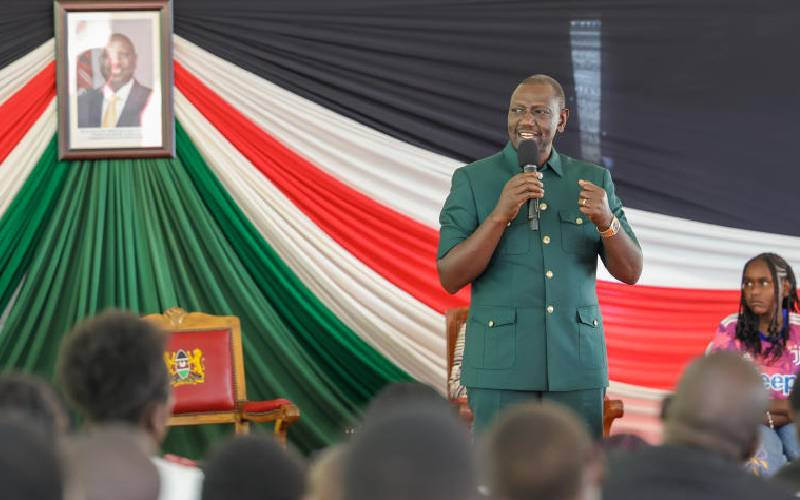×
The Standard e-Paper
Join Thousands Daily

President William Ruto's first full year in office was a mixed bag of fortunes with his outright wins weighed down by the terrible losses and the downs of his time.
But if the year was his baptism of fire, 2024 will test the limits of his resolve, mettle, commitment and leadership.